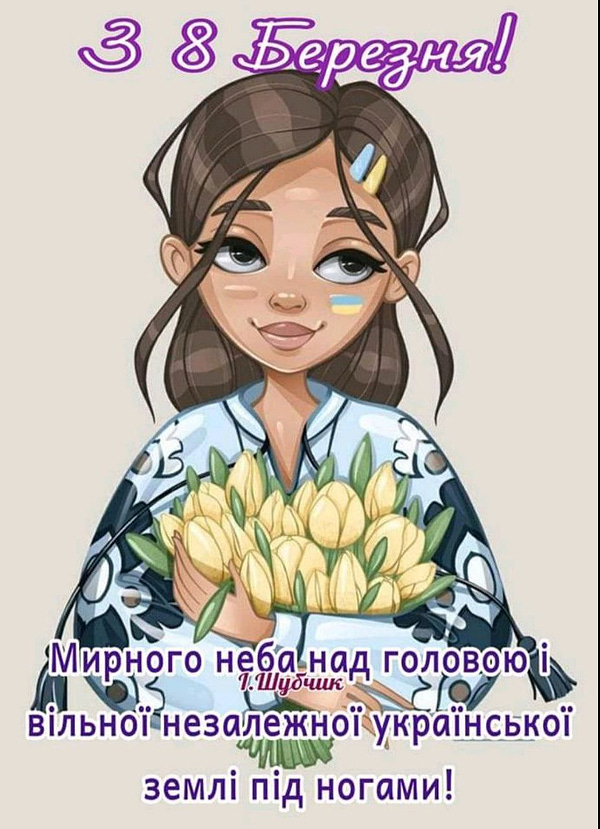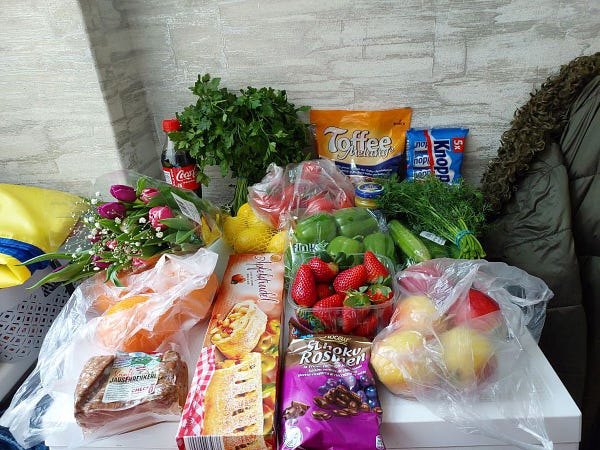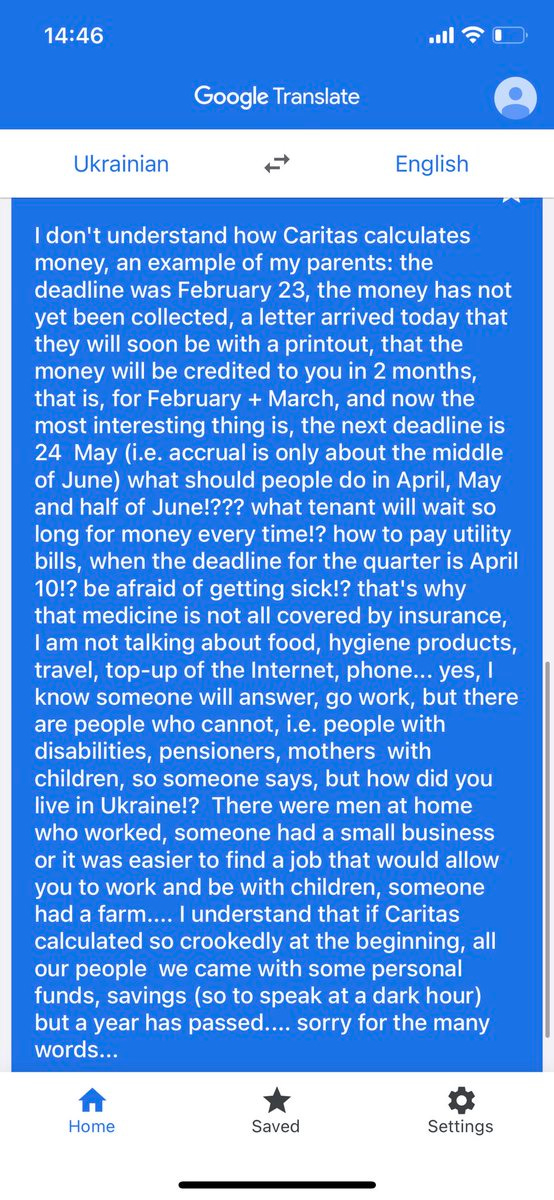
So many lovely photos of flowers and well-wishes in my inbox this morning. They are for all of you, of course, as I am only the messenger of collective goodwill.

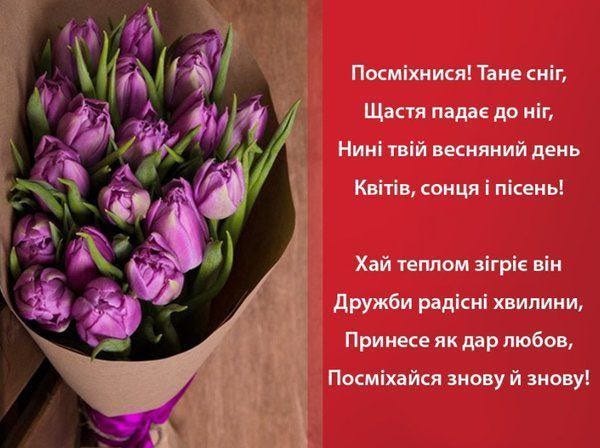
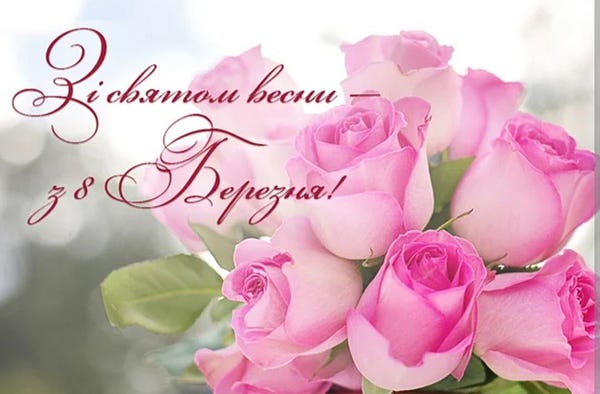

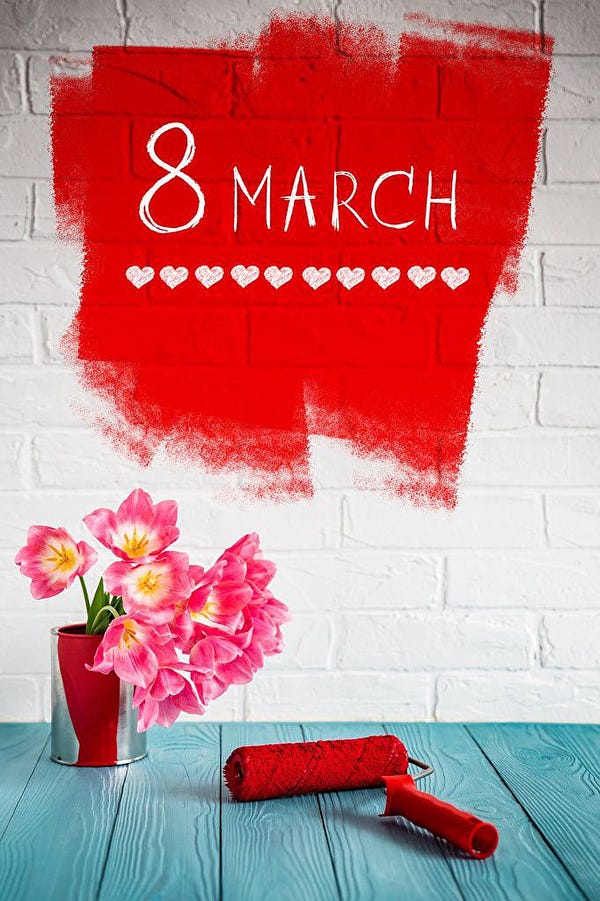
I think this one is my favourite so far!
I went to the arrival center this morning and delivered a card to a man aged seventy who walked with the help of a cane. He took the card and set off immediately in the direction of the nearest Hofer store. Another mother begged me for a card for her and her teenage daughter, but I couldn’t reach them. The internet doesn’t always work. I left her a message. She should get in touch and I will set up a new time to meet. The rest of my envelopes are patiently waiting for cards. I am receiving many requests from group homes in rural areas, which makes me happy they found us, because those residents do not have access to all the charities and NGOs who operate in Vienna and larger cities. Hofer now allows online gift card purchases, so if you would like to buy a few cards and email them to me, that works really well. I print the out and deliver them to the families on my waiting list, by hand (arrival center) or by post (everyone else).
Yesterday I spent quite a lot of time dealing with special situations. The residents of the dorm in the 11th district are in a bit of a panic about their upcoming move, although so far I still think (hope) it will ultimately be an improvement for many of them. They send me panicked text messages with the new address they have been offered, they ask for suitcases, who can help them move on moving day. I am in touch with another group of volunteers from VM4U whom I hope may be able to help facilitate some of the logistics once I put them in touch directly with residents. The plan is for the entire dorm to be closed by April 15. Over 200 Ukrainians will be moving.
Three generations of Ukrainian women wrote me yesterday. They are stuck in a situation in a group home in Lower Austria for which there is no easy fix.


They are the only Ukrainian family in the building. The other families are from the Middle East and, per their description, do not keep common areas like the bathrooms or kitchen tidy, sleep all day, are up all night, and make too much noise at all hours. The Ukrainian student wakes up at 5am in order to make a 7am bus to school (this is a rural location). The private landlord doesn’t seem to be able to do anything about it, ditto for the charity with an oversight role. I had to explain to this mom that the only real solution will be to find other housing, and that the family (daughter, mom, 70-something grandmother) will have to do that on their own. Keeping in mind there is a subsidy available if they find private accommodation. The other non-Ukrainian families actually keep moving out, as once their asylum claims are approved, they can then afford to move to Vienna or bigger cities.
Ukrainians are the only group to my knowledge kept permanently in Grundversorgung, rather than Mindestsicherung, and by now most of the Ukrainians have figured this out too and question why they are “systemically discriminated against”. There are no easy answers to these questions, which I dread. Simply put, a Syrian who receives a positive status on their asylum claim is then able to access roughly €800 per month of social benefit payment for an adult, while Ukrainian adults receive €260 maximum, because of the Austrian legal status categories they were placed in. And if Ukrainians in social housing get jobs, there are strict limits on how much they can earn without losing all these benefits and their social housing. Unfortunately, until now, no one has been able to provide an easy formula to make this new calculation. The old calculation capped earnings at €110 per month per adult plus €80 per child.
So when Ukrainians use the word discrimination, they often too feel like they have a status which puts them below other nationalities seeking safety and applying for asylum in Austria. While Ukrainians have “temporary protection” in Europe until March 2024, per the EU directive, individual nations have taken different paths to implementing what this means in practice. In Germany, for example, Ukrainian refugees receive much more in state aid (Hartz IV is roughly €500 per month per adult), so on par with Germans and other nationalities asking for support, but Germany has de facto closed many of its states to Ukrainian refugees, by simply not opening any more organized housing for those who cannot afford to live in private accommodation. I do wonder when Austria will simply stop providing rooms. Housing assignments are moving very slowly here right now, but they are still moving, from what I hear.



This basically sums up how these conversations feel each time they pop into my phone:

Another family texted me today “We are two adults and three kids and a dog and a cat and we need to get from Warsaw to Vienna. Do you know who can help us?” to which I had to reply: no, I do not know such volunteers, you need to simply take a train. Now Poland may not be providing train travel free of charge anymore, but that information is public, and you would think the family would have figured that out before they arrived. That is what makes this situation now so tricky: the “emergency” wave from spring 2022 has passed. The “emergency” resources like free train travel have nearly all been withdrawn. Now Ukrainians who arrive to the EU need to come with intent, a plan, and some initial financial resources. Yet another example of why I have been thinking so much recently about what can be done to better support economic and employment opportunities within Ukraine right now.
Last night I went to bed with an idea, and today I am trying to see if I can make it a reality. I opened my trunk yesterday to uncover three books I bought in early 2022 in Kyiv, and never read. Which made me think about how many books each of us probably has at home — in all languages — which could immediately be another person’s treasure. I then thought what if we organize a used book & bake sale, at nominal prices (but not free, because you do not value what is free), and use the proceeds for Cards to Ukraine. Books could be donated in Ukrainian, Russian, German or English, and sold to refugees and residents alike. For adults and children. A bake sale and some coffee & tea could make for a cozy shopping environment. A combination social and charity event. Bringing people together. Staffed by volunteers. A good old fashioned classical fundraiser.
The only problem? We need a space to do it. A space for one weekend day somewhere in Vienna near a subway station. So this morning I sent a few emails and I have started to ask around for tips. In theory, I can visualize this whole afternoon in my head, I just hope I can make it a reality, and soon. What I like about the idea is it brings different groups of people together for a common interest and cause. I’ll keep you posted on how it goes, and if you have any host location ideas for us (needs to be free), please do let me know.

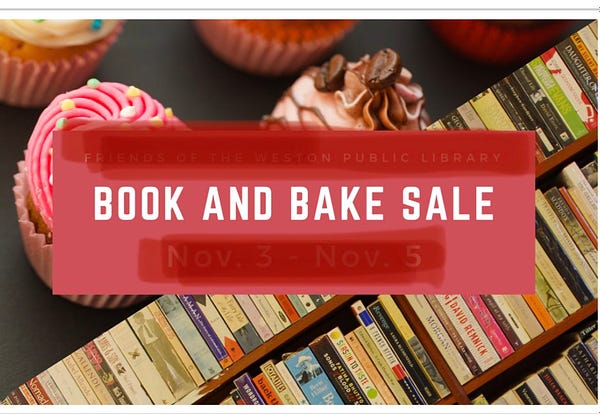
Thank you for reading and for your continued support.
p.s. just as I was about to hit “publish”, I read this in my group. The authorities are being relentless on how they issue payments to Ukrainians, and these payment delays are ridiculous in the context of people living month-to-month, barely scraping by, as it is…



